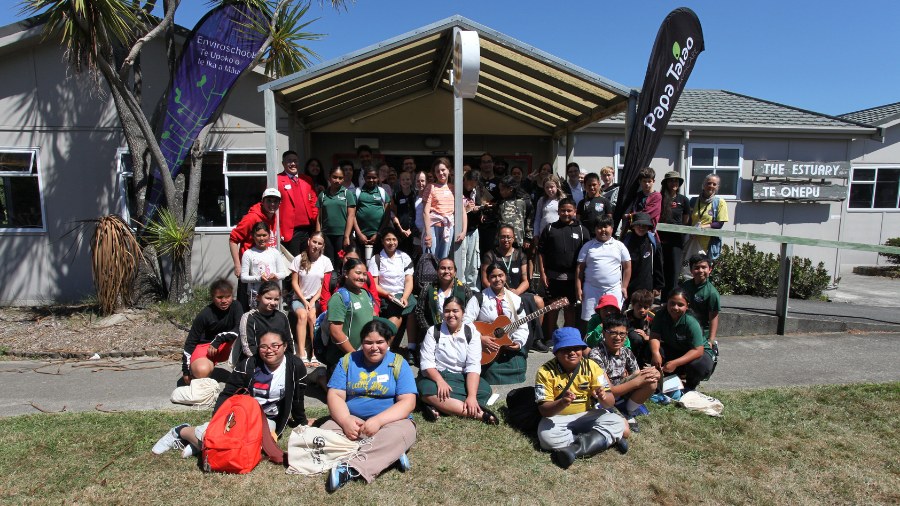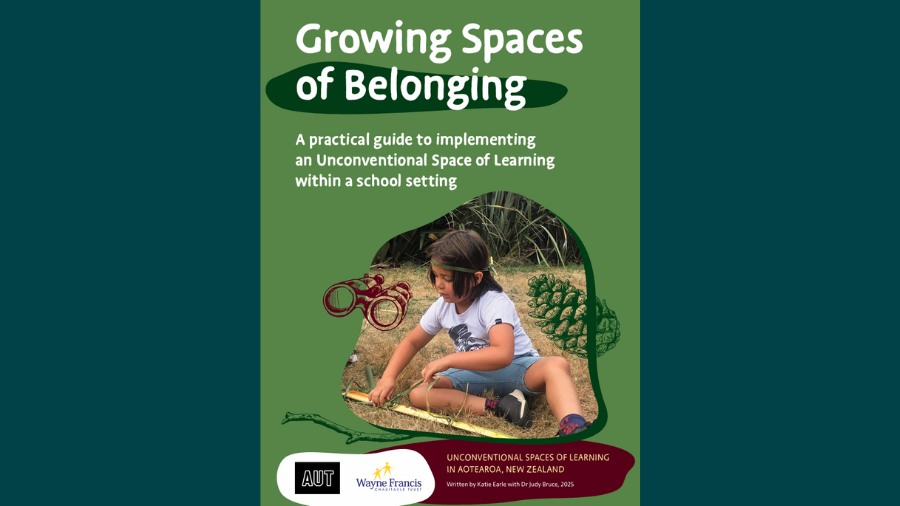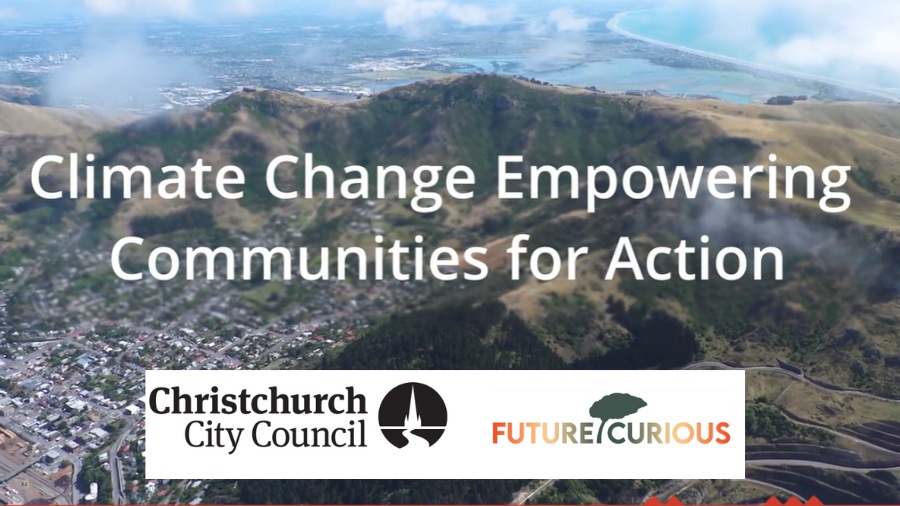What do we know about student activism in Aotearoa New Zealand?
How do schools view and respond to student activism? And, in what ways does the New Zealand Curriculum support student activism?
Student activism: Learning through doing, written by Sophie Watson from NZCER, explores what student activism looks like in this country. The ideas presented are relevant to school leaders and teachers thinking about ways of fostering student activism and agency, and to educationalists considering how activism education can provide a critical context for student learning and development.
Click on the link provided above to download the PDF now and read the full report.
About the Report
Youth attendance at the 2019–20 School Strikes for Climate marches, and other recent protest events for Ihumātao and Black Lives Matter, suggests that youth view activism as having individual and collective benefit. This paper uses recent literature and media reports to examine the relationship between activism and formal education, including the benefits and challenges associated with in-school activism. Recent examples of out-of-school youth activism are analysed, giving insight to youth activism participation and expression. Adult responses to youth activism, the framing of youth activism and the agency, and ideas about the educational potential of student activism are also discussed.
This paper suggests that schools and teachers are ideally placed to develop students’ skills and competency to support their activism ambitions. However, the role of activism and activism education in schools is complex. In part, this complexity is fuelled by a mismatch between the perceptions and the realities of youth and student activism.
The Student Activism project is part of NZCER’s Te Pae Tawhiti Government Grant programme of research.






